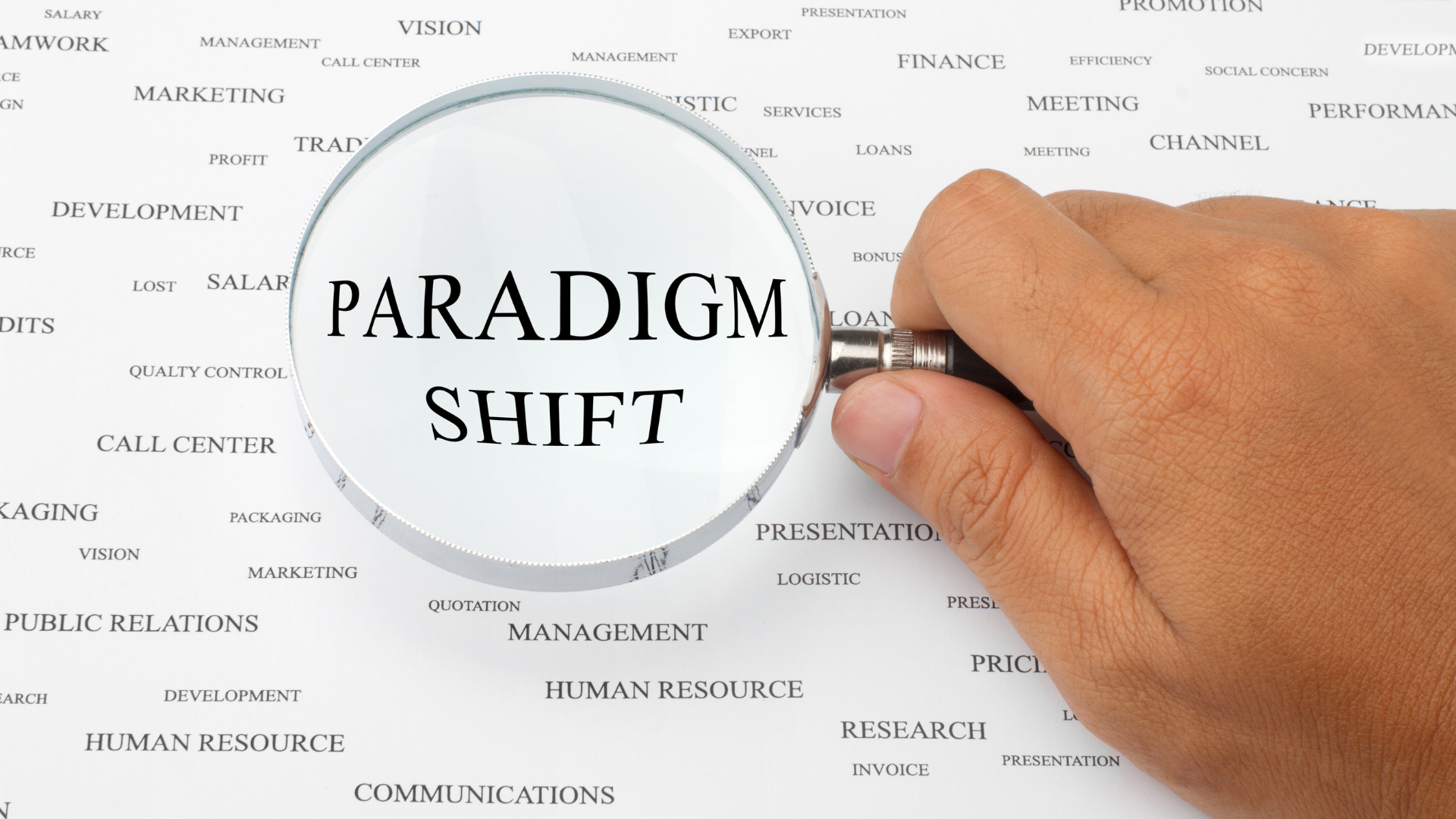In the ongoing battle against racism, there is a profound paradigm shift taking place—a shift in perspective that challenges traditional approaches to addressing systemic inequality. Historically, much of the burden of dismantling racism has been placed on the shoulders of those who experience its brunt—the marginalized and oppressed. However, a new and crucial understanding has emerged: the responsibility to drive meaningful change must primarily rest with those who enjoy privilege, not the victims.
Understanding the Old Paradigm
For decades, the fight against racism often placed the onus on the victims of discrimination to advocate for their rights, educate others, and demand change. While this resilience and determination are commendable, it left an imbalance in the battle against systemic racism. Victims were not responsible for creating these oppressive systems, yet they were expected to bear the brunt of the responsibility for dismantling them.
The New Paradigm: Shifting the Responsibility
The paradigm shift we are witnessing recognizes that the root of the problem lies with those who benefit from systemic racism, often unwittingly. To truly break down these deeply ingrained structures, those who hold privilege must take an active role in acknowledging, understanding, and dismantling them. Here are some key aspects of this new paradigm:
1. Acknowledging Privilege: Privilege exists on a spectrum, and individuals need to recognize where they fall on it. This self-awareness is the first step toward becoming allies in the fight against racism.
2. Education and Self-Reflection: Those with privilege should actively seek education about the historical and systemic factors that perpetuate racism. Self-reflection is crucial in understanding one’s own biases and how they contribute to racial disparities.
3. Amplifying Marginalized Voices: Rather than speaking for marginalized communities, privileged individuals should use their platforms to amplify the voices and experiences of those affected by racism. Elevating these voices is a powerful tool in raising awareness.
4. Challenging the Status Quo: Allies should actively challenge discriminatory practices and systems within their spheres of influence, whether in the workplace, community, or family. This means speaking out against racism when it occurs, even if it’s uncomfortable.
5. Accountability: Allies should hold themselves and others accountable for their actions and biases. Constructive dialogue and accountability are essential for progress.
6. Systemic Change: The ultimate goal is not just addressing individual acts of racism but dismantling the systems that enable racism to persist.
Why This Paradigm Shift Matters
Shifting the responsibility from victims to the privileged is crucial for several reasons:
- Efficiency: Privileged individuals often have more influence and access to resources, making their involvement more effective in enacting change.
- Equality: Placing the burden solely on victims perpetuates the unequal power dynamics that underlie systemic racism.
- Solidarity: Allies can provide much-needed support to marginalized communities, fostering a sense of unity in the fight against racism.
- Long-Term Impact: Systemic change requires a collective effort. The commitment of those with privilege is essential for sustained progress.
In conclusion, the paradigm shift in dismantling racism is a recognition that true change begins with those who have the privilege to challenge the status quo. It’s a call to action for individuals to step out of their comfort zones, confront their biases, and actively engage in the fight against racism. By shifting the responsibility to the privileged, we can collectively work towards a more equitable and just society for all.





